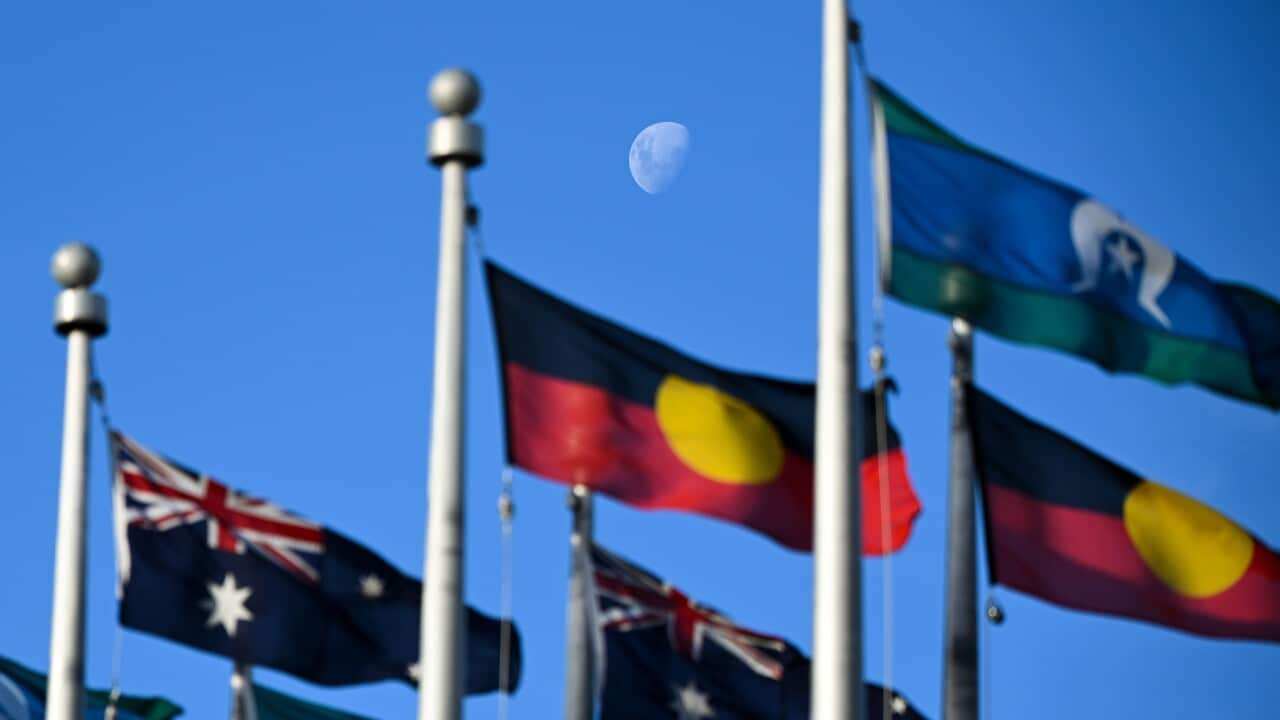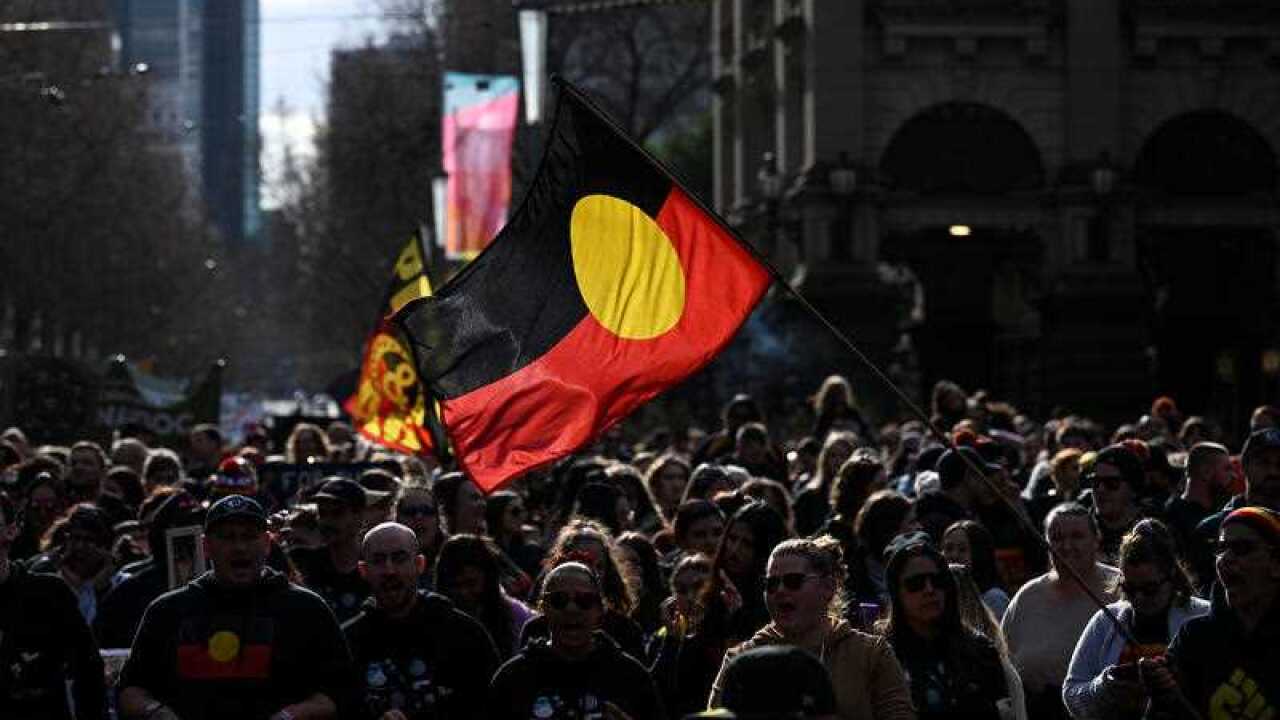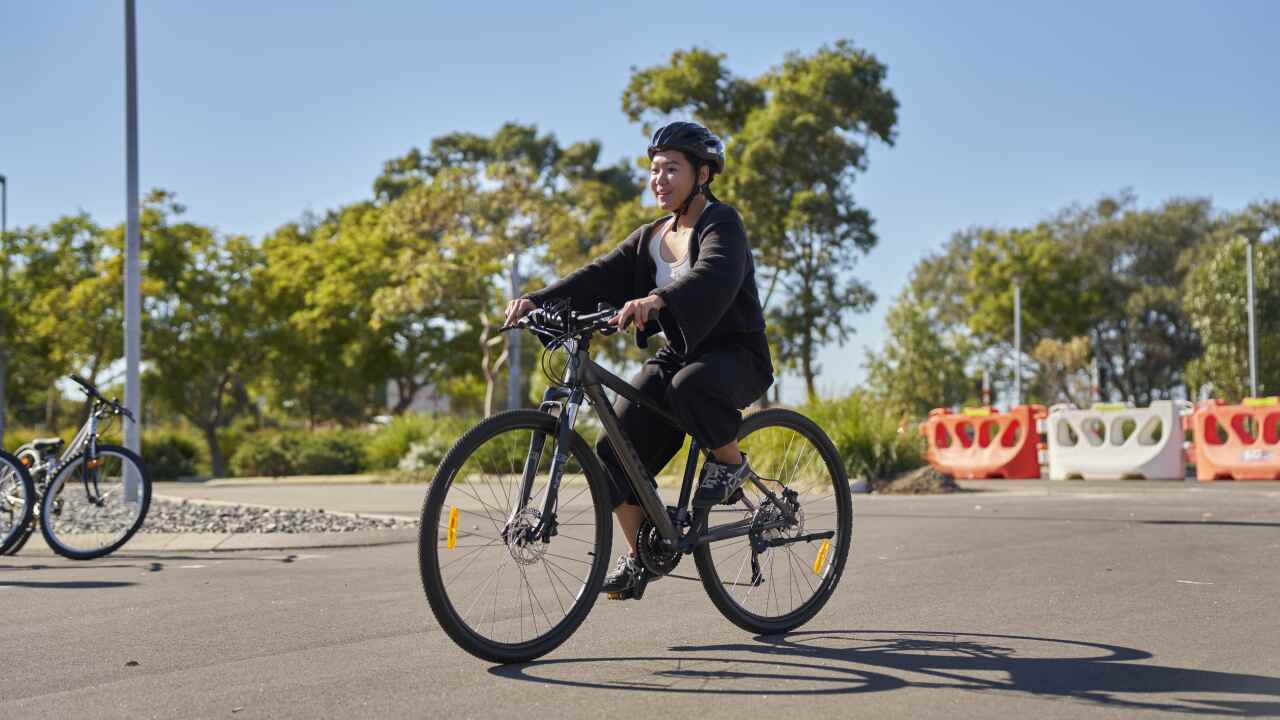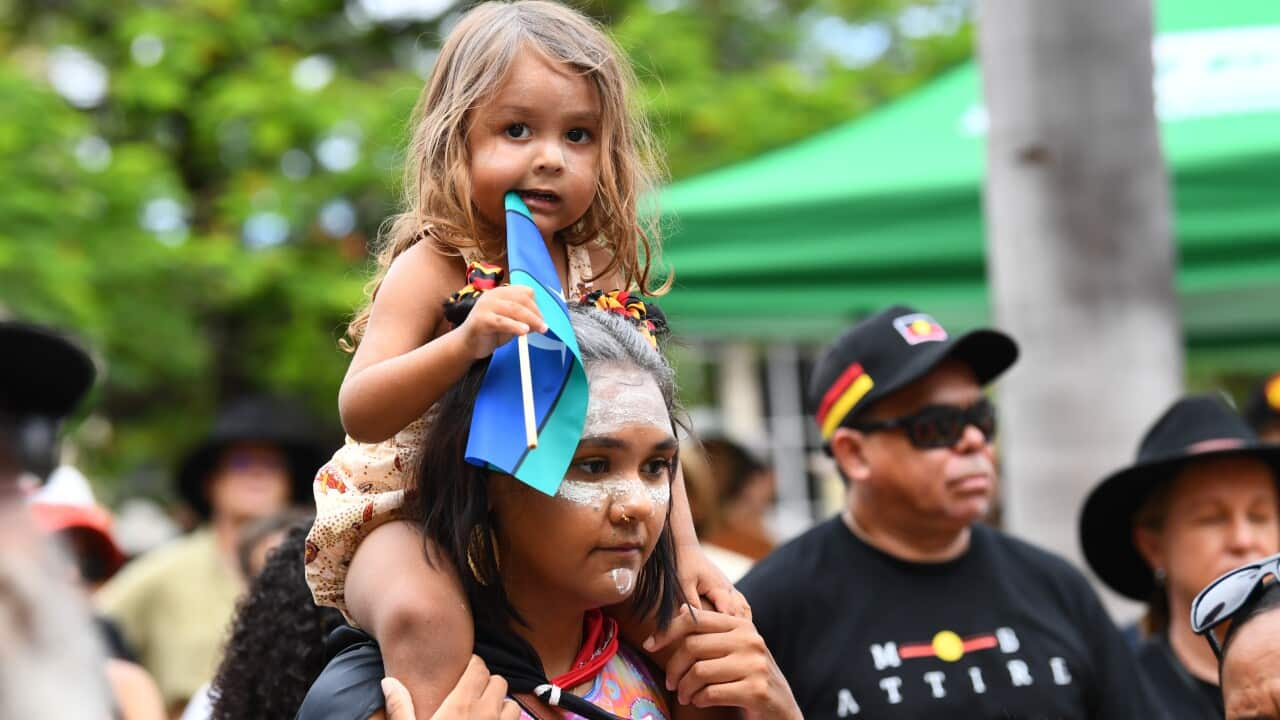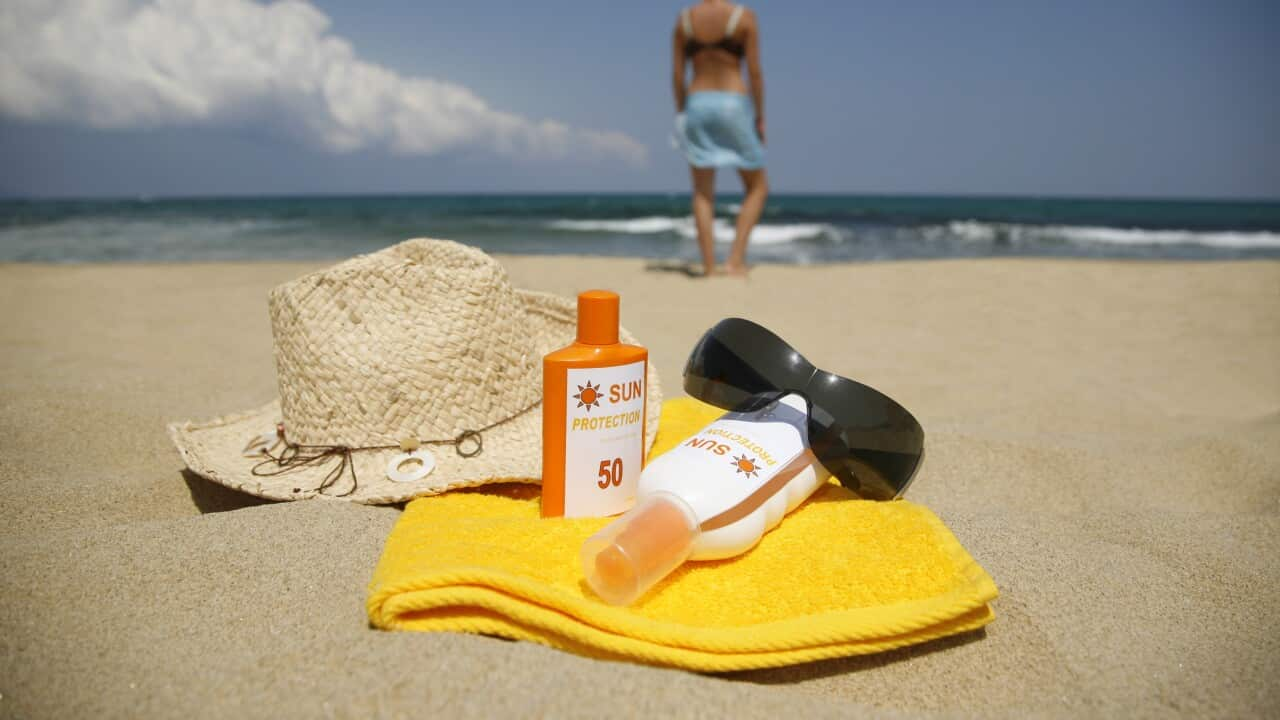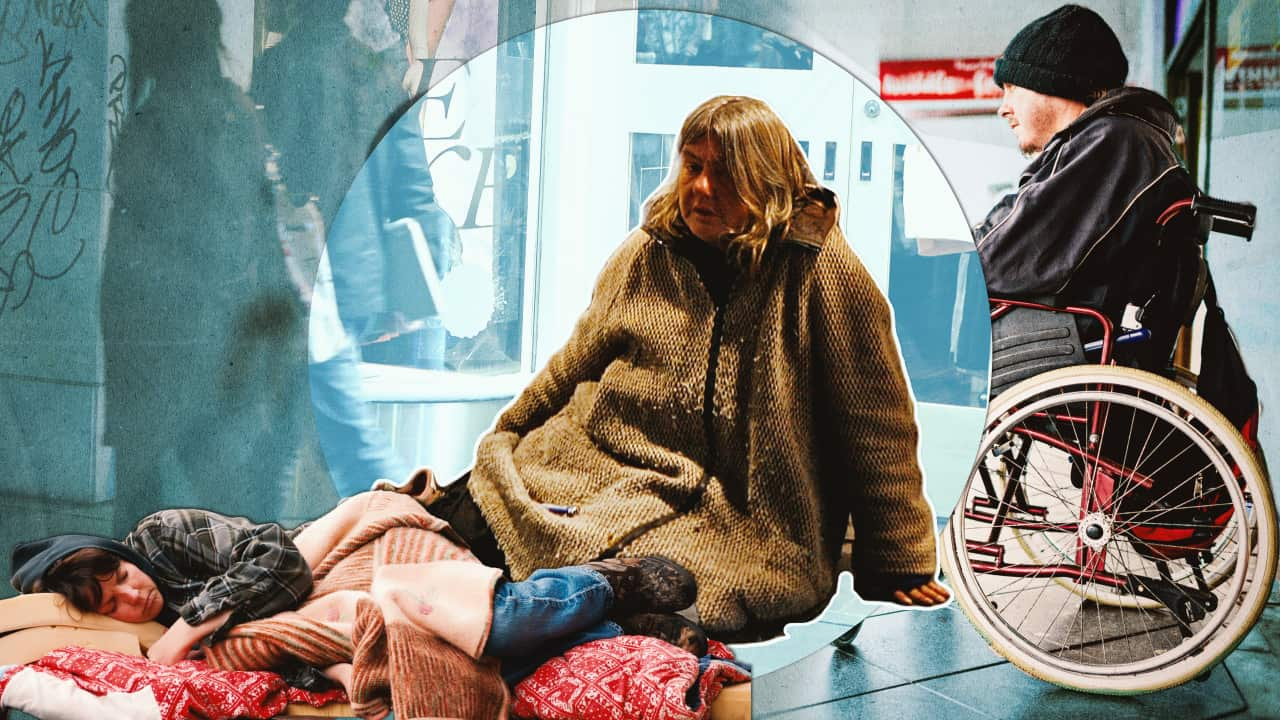Read more explainer and news content at the , or by clicking on the links below:
Eligible voters will soon be called upon to decide whether the Australian Constitution should be updated to recognise Indigenous peoples through a representative body known as the Indigenous Voice to Parliament.
The Voice would be an elected group to advise the government on the issues and laws that affect First Nations peoples.
Australian Electoral Commission (AEC) spokesperson Evan Ekin-Smyth explains the importance of a referendum in this process.
“A referendum is a national vote on a particular issue to change or not the Constitution of Australia,” he says.
The only way you can change the Constitution is via a vote of the people. Parliament doesn't have the power to do it.Evan Ekin-Smyth
The Constitution establishes how the federal government works. It determines the basis for how the Commonwealth, the states, and the people interact; including what laws can be made by state and federal parliaments.
On October 14, people will be asked to vote ‘yes’ or ‘no’ to the following question:
“A Proposed Law: to alter the Constitution to recognise the First Peoples of Australia by establishing an Aboriginal and Torres Strait Islander Voice.
Do you approve this proposed alteration?”

A supporter is seen with the Aboriginal flag painted on her face in support of the vote hold placards during a Yes 23 community event in support of an Indigenous Voice to Parliament, in Sydney, Sunday, July 2, 2023. (AAP Image/Bianca De Marchi) NO ARCHIVING Source: AAP / BIANCA DE MARCHI/AAPIMAGE
“For a referendum to pass, it has to achieve a majority of ‘yes’ votes nationally, and the majority of ‘yes’ votes in a majority of states. So, at least four out of the six Australian states have to vote yes,” Mr Ekin-Smyth explains.
“The ACT and the NT still vote like every other Australian citizen and marking ‘yes’ or ‘no’ in the ballot paper. It counts towards the national majority only and not towards that second hurdle that a referendum has to pass. So, territory votes are still incredibly important to that national majority total.”
The proposed Indigenous Voice to Parliament would be a gender-balanced body of representatives, chosen by First Nations communities to represent them in advising the Parliament when drafting laws that affect them.
READ MORE

What is Welcome to Country?
It would not have the power to pass laws, veto decisions or allocate funding. Parliament would continue to operate as normal.
Professor Megan Davis is a Cobble Cobble woman and Chair of Constitutional Law at the University of NSW.
She was part of the Expert Panel on the Recognition of Aboriginal and Torres Strait Islander Peoples in the Constitution that put forward the proposal for a Voice.
She says other countries have successfully implemented similar models.
“This is a very common reform that’s made to democratic systems around the world to ensure that the voices of Indigenous peoples are heard when governments make laws and policies about them,” she says.
One of the reasons we haven’t been able to close the gap in disadvantage in Australia is because the government very rarely consults communities when they make laws and policies about them.Professor Megan Davis
Australia’s First Nations people hold a variety of political views, some disagree with the proposal for a Voice.
This includes prominent Indigenous politicians - Northern Territory Country Liberal Senator Jacinta Price and former leading Labor figure Warren Mundine - who argue the Voice to Parliament will do little to solve Indigenous disadvantage.
As the referendum draws closer, the ‘Yes’ and ‘No’ campaigns will present arguments for and against the Voice, and will be sent to homes across the nation.

Country Liberal Party Senator Jacinta Nampijinpa Price walks with a young Indigenous woman wearing an Australian flag ahead of a press conference at Parliament House in Canberra, Wednesday, March 22, 2023. (AAP Image/Lukas Coch) NO ARCHIVING Source: AAP / LUKAS COCH/AAPIMAGE
“We'll have thousands of polling places available across the country on referendum day.
“There will also be early voting centres available in the weeks leading up to it as well, so if you can't make it on the day, you can turn up in person to an early voting centre. We’ll be facilitating overseas voting, remote mobile polling, there’ll be postal voting available, as well as telephone voting for people who are blind.”
AEC representative Pat Callanan explains the variety of resources that will be accessible for voters.
"We're going to have resources translated into over 30 culturally and linguistically diverse languages, available on our website and through phone call interpreter services as well."
He explains that if an individual is enrolled to vote in elections, they would also be eligible to vote in the referendum.
Therefore, just as in an election, voting is compulsory.
“You just have to be an Australian citizen, but we would encourage people that if you've moved or if you're not sure if your enrolment is up to date, you can check your enrolment at aec.gov.au and you can just check that and make sure that all your enrolment details are up to date.”
Mr Ekin-Smyth believes it’s important to take part in the debate and for individuals to do their research before voting.
“Really think about the topic. That's what differs from a referendum. You're not thinking about candidates that you might want to elect, you're thinking about the issue,” he says.
Carefully do your research, think about whether you want to vote ‘yes’ or ‘no’, and make sure you come to the ballot box informed.Evan Ekin-Smyth
It’s crucial to know that the result is binding, Mr Callanan says.
“It's really important to have your say, whichever way you vote. At the AEC, we don't care how people vote, all we care that people do vote, and it's a really special thing, being able to have your say on that. So, you, we encourage people to take that seriously.”
Stay informed on the 2023 Indigenous Voice to Parliament referendum from across the SBS Network, including First Nations perspectives through NITV. Visit the to access articles, videos and podcasts in over 60 languages, or stream the latest news and analysis, docos and entertainment for free, at the .
